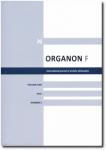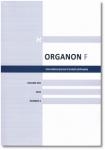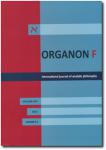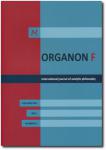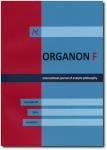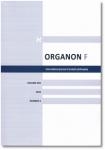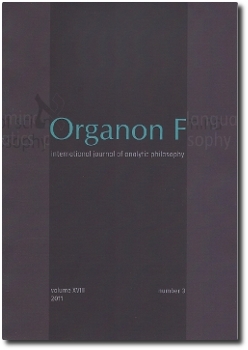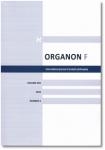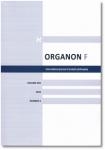
Logic and Rational Requirements
In this paper, I discuss the relation between logic and rationality. I develop (formally and conceptually) a rational requirement which can respond to the classic objections by Harman (1986). On the one hand, the requirement pays attention to the relevance of the premises and the conclusion, which is formally expressed by the notion of weak relative closure. The requirement also takes care of the complexity of the inferences. This notion of complexity is formally represented by a partially ordered scale of the difficulty of inferences, which is weaker than the notion of complexity as number of steps.
More...
